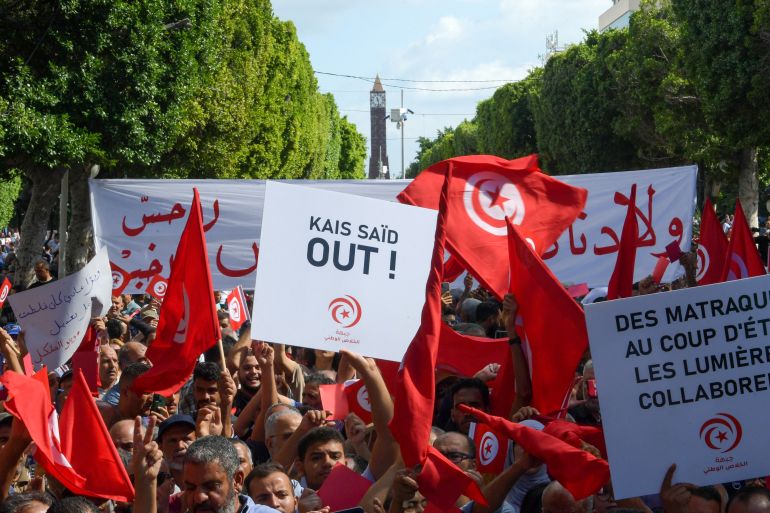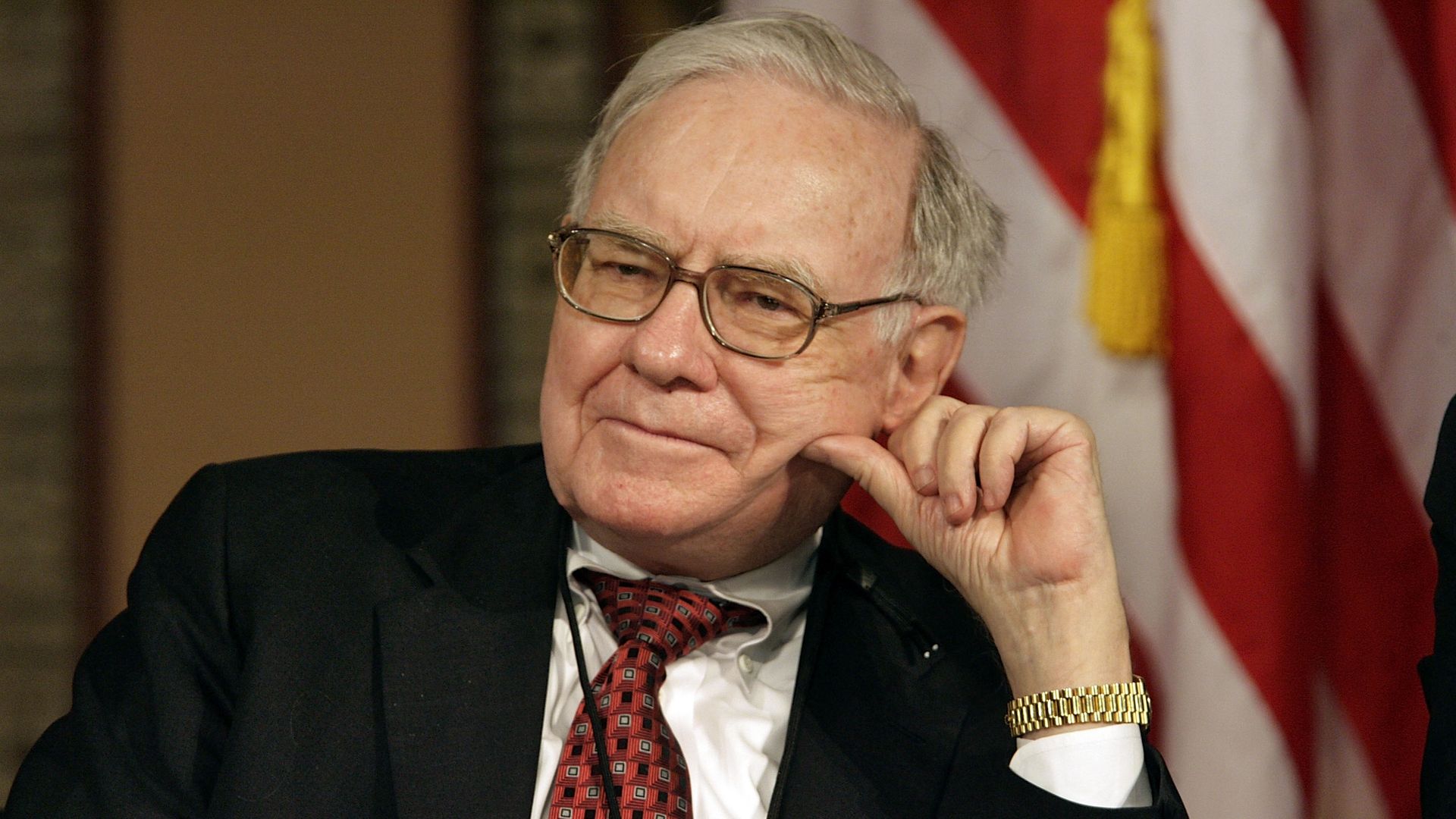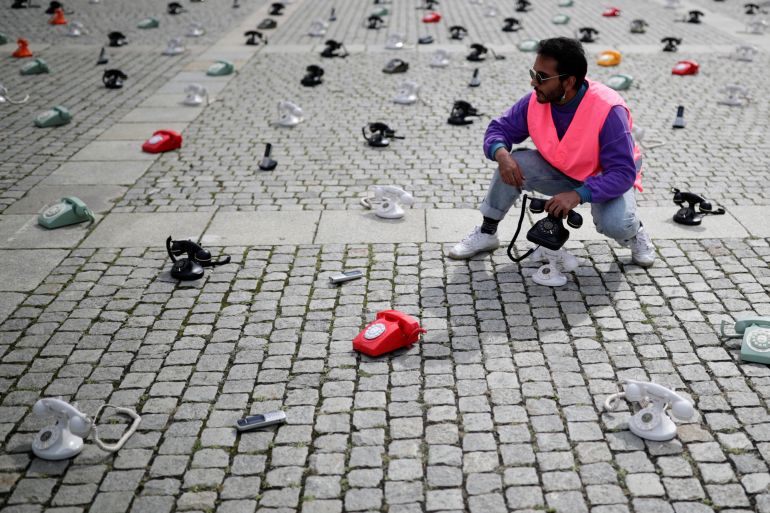Bona Mugabe’s $8m home, assets exposed in divorce angers Zimbabwe
Revelations about multimillion-dollar assets linked to the Mugabe family have triggered outrage just weeks after an Al Jazeera exposé on Zimbabwean elite and money laundering.
5.5.2023
by Reuters
Harare, Zimbabwe – This week, it was revealed that Bona Mugabe, the only daughter of Zimbabwe’s pioneer President Robert Mugabe, owns vast swathes of land in premier residential areas in the capital Harare, 21 farms, an $8m mansion in Dubai, and a fleet of luxury cars. And more.
The assets, named during ongoing divorce proceedings between the younger Mugabe and her former airline pilot husband Simba Chikore, have triggered outrage in the Southern African country.
Mugabe, 33, and Chikore, 46, have been married for nine years. But earlier this year, Mugabe filed for the nullification of their union, citing irreconcilable differences.
Chikore, who is contesting the divorce, insists he is entitled to joint cusody of the couple’s three children and part of the assets the pair jointly acquired, should the Harare court grant the request.
The acrimonious separation has shone the light on the staggering wealth accumulated by the longtime Zimbabwe ruler’s family, with court documents seen by Al Jazeera indicating that there is an $80m real estate portfolio in the ex-president’s family.
Chikore also listed numerous cars, including an $800,000 Rolls Royce and three Range Rovers, as some of the assets the family owns. Bona’s lawyer, Fungai Chimwamurombe, confirmed the properties’ authenticity in the court papers to the press.
Zimbabweans this week angrily took to social media to protest the shocking revelations about the Mugabe family wealth.
“This is how dirty Mugabe was. Just a tip of the iceberg. Imagine what his other kids and himself own, his uncles, aunts, rats, dogs and friends,” one Facebook user, Gideon Baba Tyler Mtetwa, wrote.
‘Unconstitutional distribution of wealth’
Musa Kika, a lawyer and executive director of the Zimbabwe Human Rights NGO Forum, said Chikore’s claims, if proven to be “accurate and true”, would suggest unconstitutional distribution of wealth “on account of proximity to political power”.
“If proven to be true and accurate, this goes against the spirit of our Constitution. Our Constitution requires equitable distribution of the finite resource of land and expressly states in section 293(2) that ‘the State may not alienate more than one piece of agricultural land to the same person and his or her dependants’,” Kika told Al Jazeera. According to him, the term “alienate” includes both leasing and selling of land.
Steven Chuma, youth interim spokesman of the Citizens Coalition for Change (CCC), Zimbabwe’s main opposition, said the divorce case had proven that the land reform exercise was “never about landless majority but was meant to self-enrich leaders of the post-colonial state.”
The land reform exercise was a controversial campaign in the early 2000s by the older Mugabe who seized land from white farmers for apparent redistribution to landless Blacks.
Critics accused him of reallocating the lots to friends and allies then, and the allegations have resurfaced again.
“The one man, one farm principle has been thrown into the dust bins by the ZANU-PF [ruling party] looting committee,” Chuma told Al Jazeera.
‘Looting par excellence’
The latest revelations come barely two weeks after outrage due to shocking disclosures of large-scale gold smuggling by individuals affiliated with Zimbabwean government officials and the ruling party in an Al Jazeera documentary.
The four-part documentary, The Gold Mafia, was filmed by Al Jazeera’s Investigative Unit (I-Unit), based on dozens of undercover operations spanning three continents and thousands of documents.
President Emmerson Mnangagwa, who toppled the late strongman in a 2017 military coup, has been the subject of scrutiny in recent months, with some questioning his role in the gold looting scandal.
Uebert Angel, a cleric appointed ambassador by Mnangagwa, was caught on camera offering to use his diplomatic position to smuggle millions of dollars and launder funds for Al Jazeera undercover reporters posing as Asian reporters.
And now, some Zimbabweans are calling for similar investigations to ascertain how Mugabe’s daughter ended up with a vast array of assets.
“As much as Simba did well to list those properties as a settlement plan, it did reveal something to the world,” said Garikai Mazara, a former media personality. “It does not need one to be a rocket scientist to see that the properties listed by Simba Chikore were crudely acquired. So it is my fervent hope that the presiding judge in the divorce settlement, after dispensing with the case, will have the presence of mind to ask how those properties were acquired. And then recommend for a judicial enquiry. Killing two birds with one stone, it is not without precedent.”
Others queried how much wealth the Mugabe family had accumulated over the years.
“21 farms they own, what of the parents then? Looting par excellence! The liberation war was a waste of time if it birthed this system!” one Facebook user Eric Knight wrote.
“Many Zimbabweans were shocked today with the amount of land owned by Bona Mugabe in Borrowdale. This is how land has been stolen from Zimbabweans by ZANUPF corrupt politicians. The Government request land from council, then it is transferred to ZANUPF corrupt politicians,” journalist Hopewell Chin’ono wrote.
Others attacked Mugabe for being hypocritical while he was alive and in power.
“This divorce has opened a can of worms that Robert Gabriel Mugabe was a hypocrite and pseudo Pan Africanist … he was a man who failed to practise what he was preaching on Black empowerment as he openly said 1 man 1 farm, yet he was behind the scenes looting vast amounts of land,” tweeted one Kerina Mujati.













